
A woman who battled debilitating periods, suicidal ideation and erratic mental health for decades “felt completely out of control” until she got diagnosed with premenstrual dysphoric disorder (PMDD) in perimenopause.
Nicky George, now 40, began struggling with her mood when she was a young teenager. She became “very moody” in the year leading up to her first period and, along with her menstrual cycle, came severe physical and emotional symptoms. She’d soak through menstrual pads in an hour, experience nausea, diarrhoea and constipation, and would have “cramps so bad I’d double over and I couldn’t walk some days”.
By her 20s, Nicky, who lives in Hertfordshire, thought she had bipolar disorder. The main symptom of bipolar disorder, according to the NHS, is extreme changes to mood – from high feelings of mania to low periods of depression – which Nicky would experience every month, not realising it was linked to the phases of her menstrual cycle.
It wasn’t until she began talking to other women about her experience in her 30s that she realised it wasn’t normal – her periods shouldn’t be so cripplingly painful, that her months shouldn’t be so emotionally tumultuous – and thus began a long battle for answers from doctors.
“I didn’t really know what was happening to me,” Nicky told PA Real Life.
“I knew that I felt completely out of control.”

When Nicky began her period at 14, she didn’t know that her experience of heavy, painful bleeding and uncontrollable, debilitating mood swings, was not normal.
“I thought everyone was like this, and that’s what periods were like, and that I just wasn’t coping very well, that I was weak, or something like that,” she said.
“School was really hard, particularly with the depression.
“I think maybe some people thought I was just a stroppy teenager.”
However, as puberty came and went, things didn’t improve or settle down. In her 20s, Nicky began to believe that she had bipolar disorder, since her symptoms fluctuated so much throughout the month.
“I really did think that’s what it was…” she said.
“For about 18 days or so, I was in turmoil. I couldn’t really focus, I couldn’t think clearly. I just felt really down. It was hard to get out of bed.
“Then the seven or eight days where my period started, I had to go through all of that, and then there were a few days of feeling kind of normal.
“In that time, I was so busy just trying to fix my life and build it back up, and get on top of things, basic things, like cleaning the house and things like that.
“At no point did I realise that it all linked to my cycle.”
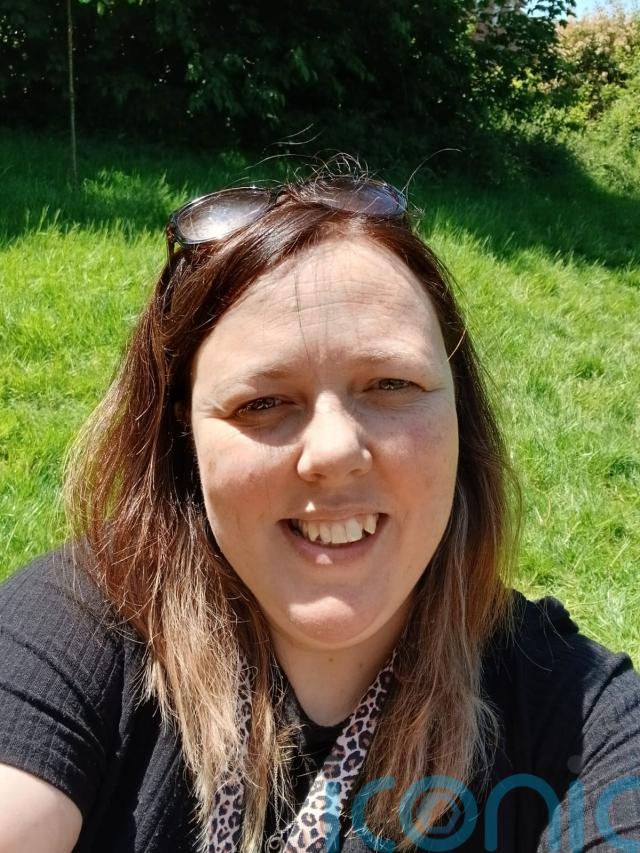
The menstrual cycle has four phases, all taking place roughly over a 28 day span – though this can be shorter or longer for some women.
Typically, days one to five are the menstrual phase, characterised by bleeding, low levels of oestrogen and progesterone, and feelings of tiredness and low sociability. The next stage is the follicular phase, which runs until ovulation, and people typically have higher energy levels, feel more sociable, have a higher sex drive and find it easier to concentrate.
Days 13 to 15 are the ovulation phase, where the ovary releases an egg ready for fertilisation. As with the Follicular Phase, ovulation usually makes people feel confident, sociable, and high energy.
The remainder of the cycle, days 16 to 28, are the luteal phase, where oestrogen and testosterone decline and pre-menstrual symptoms of mood swings, declining energy, bloating, headaches, insomnia, tiredness and more take hold.
However, in a healthy person, none of these phases should prevent them from going about their daily life or come with extreme, debilitating symptoms.
It wasn’t until her early 30s that Nicky began to put the pieces together and realised that how she felt was tied to the phases of her menstrual cycle, and she began to open up to other women about what she experienced. When they told her that they didn’t have such incapacitating symptoms, she realised she needed to seek medical advice.
Initially, her GP advised her to go on the contraceptive pill, but this only exacerbated her symptoms, “particularly the mental health side of it, where it made me feel even more suicidal, quite erratic in my behaviours,” she said.
“I’d have these really high highs and really low lows.”
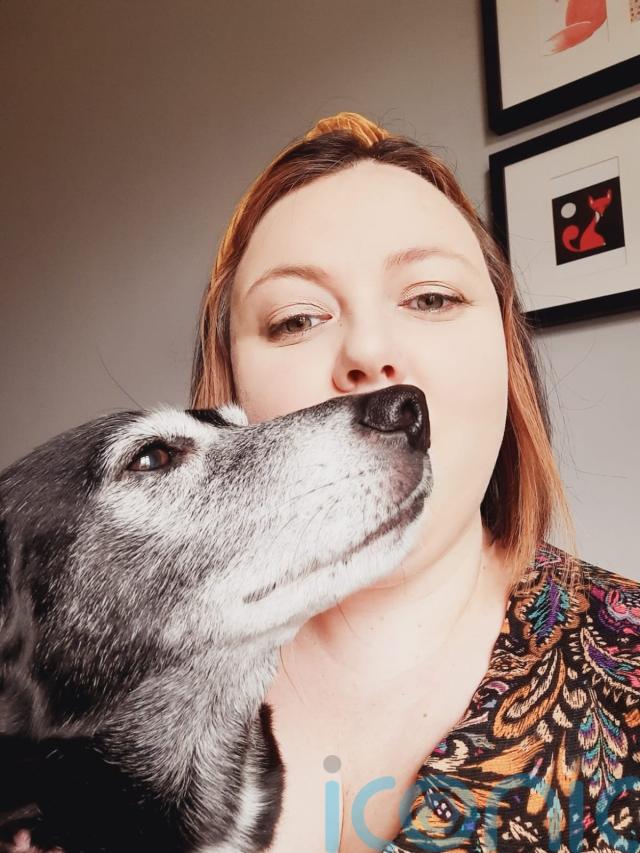
With hormonal treatments not helping, doctors began to explore the possibility of mental illness and, in 2015, Nicky was diagnosed with depression and anxiety. She was prescribed antidepressants, and went through the process of trying different variants at different doses, but over the course of about five years it became apparent that the antidepressants, like the contraception, were making things worse.
“It made me numb all of the time, but I still struggled to take care of my basic needs, like showering and looking after myself, eating well,” she said.
“I was able to get out of bed more when I was on it, but I just felt like a shell of a person on them.”
Nicky was passed between mental health teams and gynaecology teams, with no one managing to put together the pieces of the puzzle and understand the root cause of her problems. Even when Nicky suggested she might have premenstrual dysphoric disorder (PMDD) – a very severe form of premenstrual syndrome that is characterised as a mental health condition – she struggled to get the support she needed.
The longer the process took, the more it affected her life: she’s never managed to hold down a long-term relationship, she struggled with going to work as a teacher, and it affected her friendships.
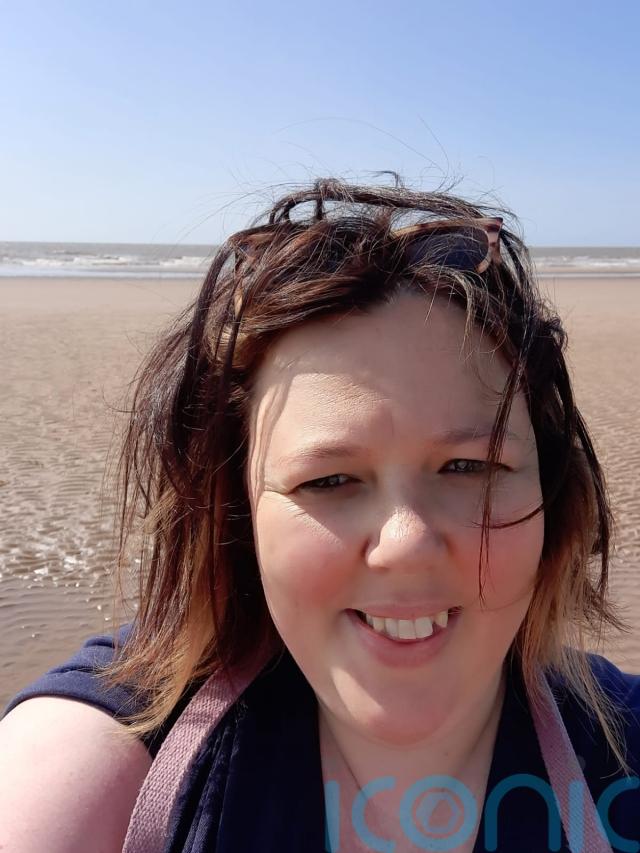
“It was really hard to advocate for myself, because there was really a very small window when I felt strong enough to do that, and then the rest of the time I was in a deep depression,” she said.
“I think that’s one of the reasons it took so long to get where I am, because I just didn’t have the energy to fight it.”
No one had answers, and she felt “so alone”.
In 2023, Nicky’s symptoms got worse still. By this point, she’d been battling her symptoms for almost 25 years with no answers, contending with suicidal ideation, struggling to hold her life together, and dealing with intense physical symptoms that made every day a challenge.
She didn’t know it at the time but, at the age of 38, she had entered perimenopause – the transitional phase before menopause – and the decline in hormones was making things worse still.
“There were days when I felt like the world was ending,” she said.
“I was panicked, and nobody else seemed to get it. It was awful.”
Nicky began hormone replacement therapy (HRT), which usually helps manage menopause symptoms by replacing declining oestrogen and progesterone levels. However, it had the opposite effect, and Nicky felt so unwell she had made a plan to take her life.
She was signed off work for nine weeks following her mental health crisis and, at that point, decided to come off the HRT and begin paying for private talking therapy.
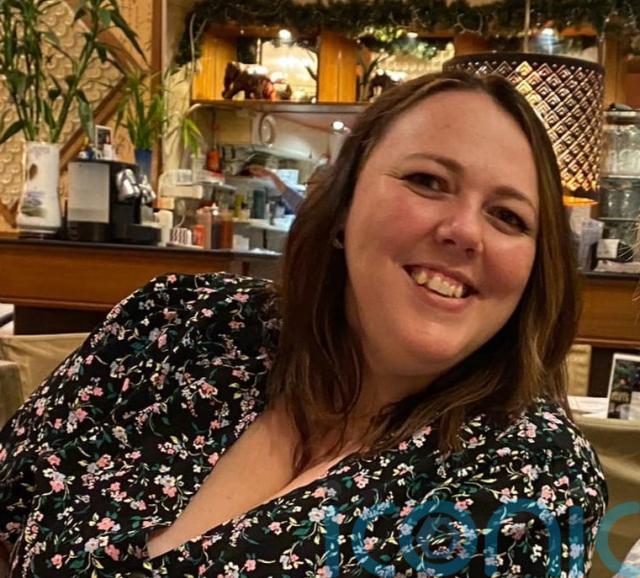
She discussed her suspicion that she was experiencing PMDD with her therapist, who then introduced her to the work of Dr Louise Newson – a GP, hormone expert and a leader in menopause awareness and education – who had produced a wealth of online content about PMDD.
“I just watched every single video I could find of her on the internet, anything she’d written or been involved in, and I couldn’t believe it, because it was my story in a lot of the videos,” Nicky said.
“I was like, ‘This is me’.”
Nicky booked an appointment at a private women’s health clinic in May 2025, and when she told them her story they “immediately” diagnosed her with PMDD before confirming she was perimenopausal. She was prescribed Cyclogest, a progesterone capsule that is body-identical to the progesterone that the body produces, which is commonly used to treat recurrent miscarriage but can be used “off-label” for PMS and PMDD.
“Within 48 hours, I felt different,” Nicky said.
“It was like a blanket had been lifted off me, I just had energy to do things, and I felt good.
“For the first time in I don’t even know how long, I actually felt happy.”
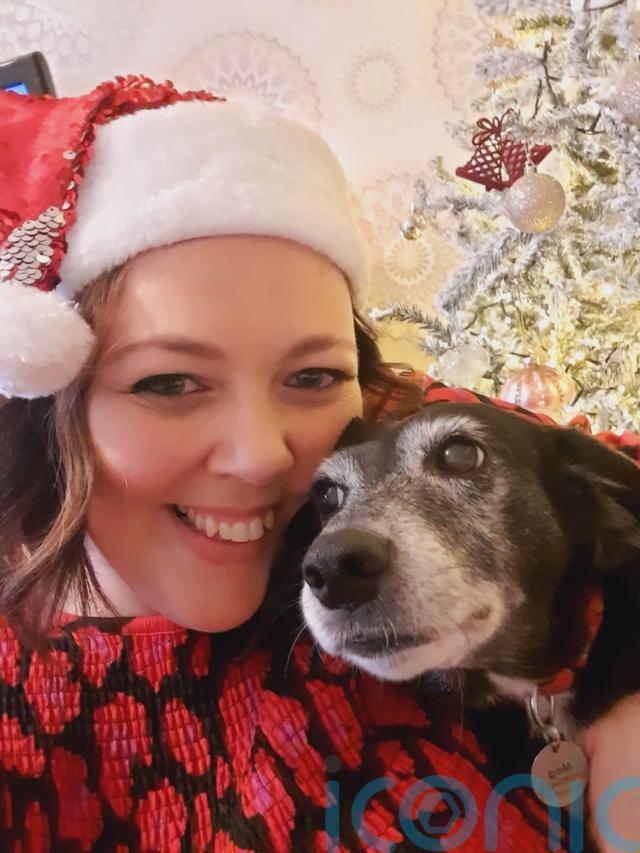
Thanks to the help of the right medication, Nicky feels like she’s finally on the right track.
“It’s still a bit of a journey, but I haven’t had a single day off work since I came back in September,” she said.
“Before, every cycle, I was having time off – at least a few days – because I couldn’t cope with my symptoms when they were very, very bad in the luteal stage.
“I was absent often, and my work performance dropped during the luteal stage, and this was questioned by managers. I had to move jobs every five years as people’s patience had run out, and I often had outbursts at work with other staff – though never the children – and would often be over emotional at work.
“I’ve managed to, with these body-identical hormones, manage basic things like hygiene and eating and coming to work every day.
“Even though I’m not always feeling 100% and I still have tough days, it’s considerably better, and I haven’t once felt suicidal since I went on it.”
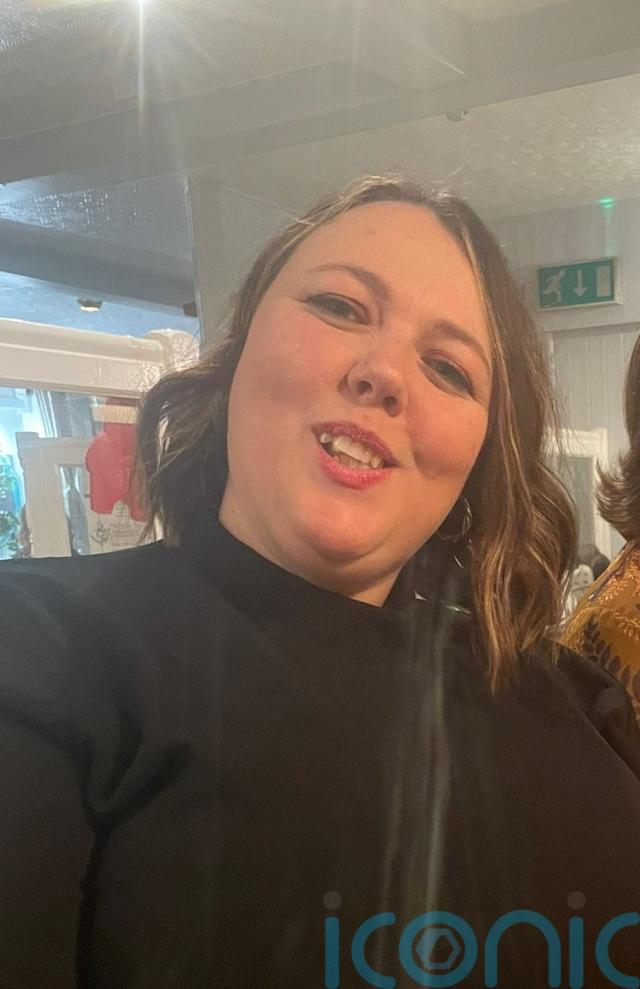
Having been through what she has, Nicky feels passionate about educating others on women’s health and encouraging conversations.
“Anyone going through it, just know there’s groups out there, and people out there who will help you,” she said.
“You’ve just got to find the right person and not give up, because you’re worth it, and people will miss you if you go, so hang in there.”
Subscribe or register today to discover more from DonegalLive.ie
Buy the e-paper of the Donegal Democrat, Donegal People's Press, Donegal Post and Inish Times here for instant access to Donegal's premier news titles.
Keep up with the latest news from Donegal with our daily newsletter featuring the most important stories of the day delivered to your inbox every evening at 5pm.